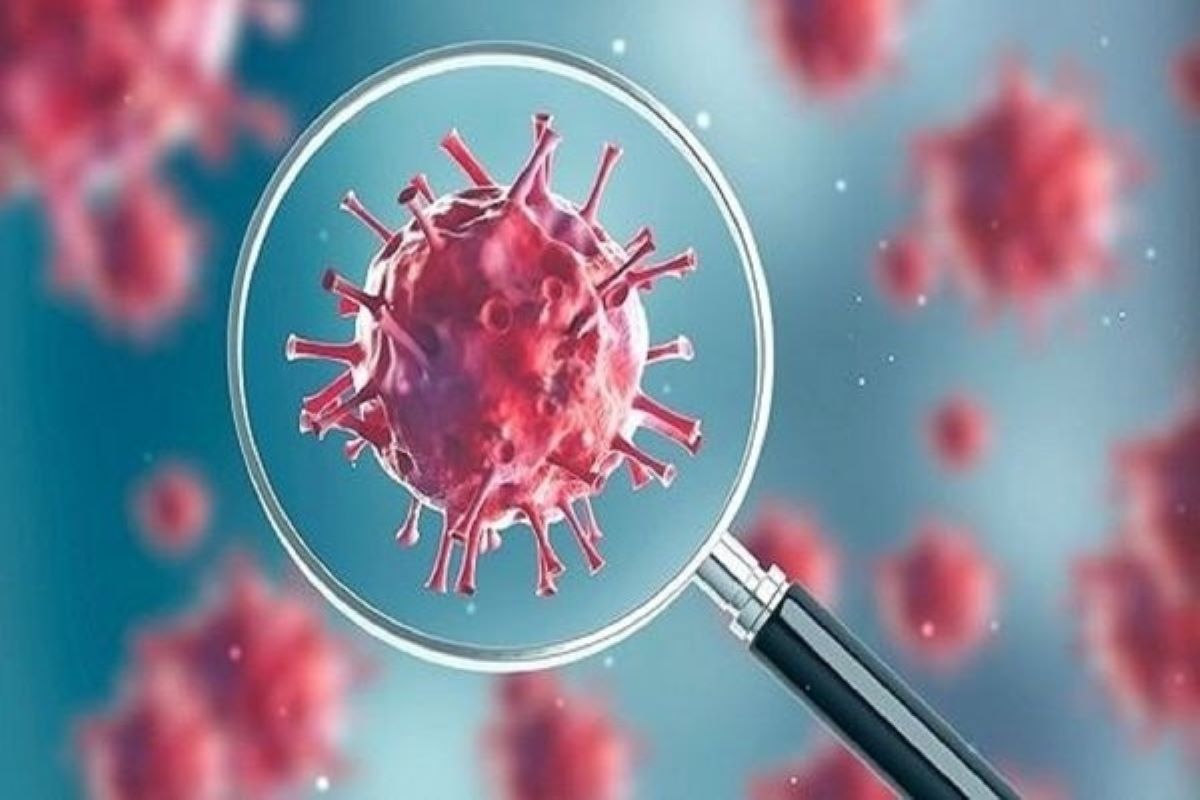The Delhi government data revealed that ‘delta variant’ and its sublineages of ‘Sars-Cov-2’ virus were detected in 99 per cent samples sent for genome sequencing in the month of October.
Total 7,361 samples were sent for sequencing from Delhi in several months since Indian Sars-CoV-2 Genomics Consortium (INSACOG) was set up. As per data, of total 7,361 samples, delta variant was detected in 2,873 samples (39.03 per cent).
Advertisement
Genome sequencing data revealed that delta variant was detected in 99 per cent of the sample in October, 97 per cent in September, 86 per cent in August and 52 per cent in July. In the months of April and May, when the second wave of Covid was at its peak, 54 and 82 per cent of total samples sent for sequencing were respectively detected with the delta variant.
In the months of June and July 90 per cent and 52 per cent samples were detected with delta variants.
Of 6,235 samples that were sent to the National Centre for Disease Control (NCDC), the delta variant was detected in 2,268. Delta variants were detected in 531 from 1,027 sent to Institute of Liver and Biliary Sciences (ILBS) for genome sequencing.
Of 99 samples sent to Lok Nayak Hospital, 74 were detected with the delta variant. Alpha variants were detected in only 966 samples.
Sources said that delta variant was found in almost half the samples, followed by AY.4 sublineage. Meanwhile, Delhi’s sixth sero survey report has revealed 90 per cent people in the national capital have developed antibodies against the coronavirus.
The sixth sero survey also revealed that more numbers of women are sero-positive than men in Delhi. More than 85 per cent sero positivity has been found in every district of Delhi. It was the first sero survey done in Delhi after the second wave of Covid in the country.











